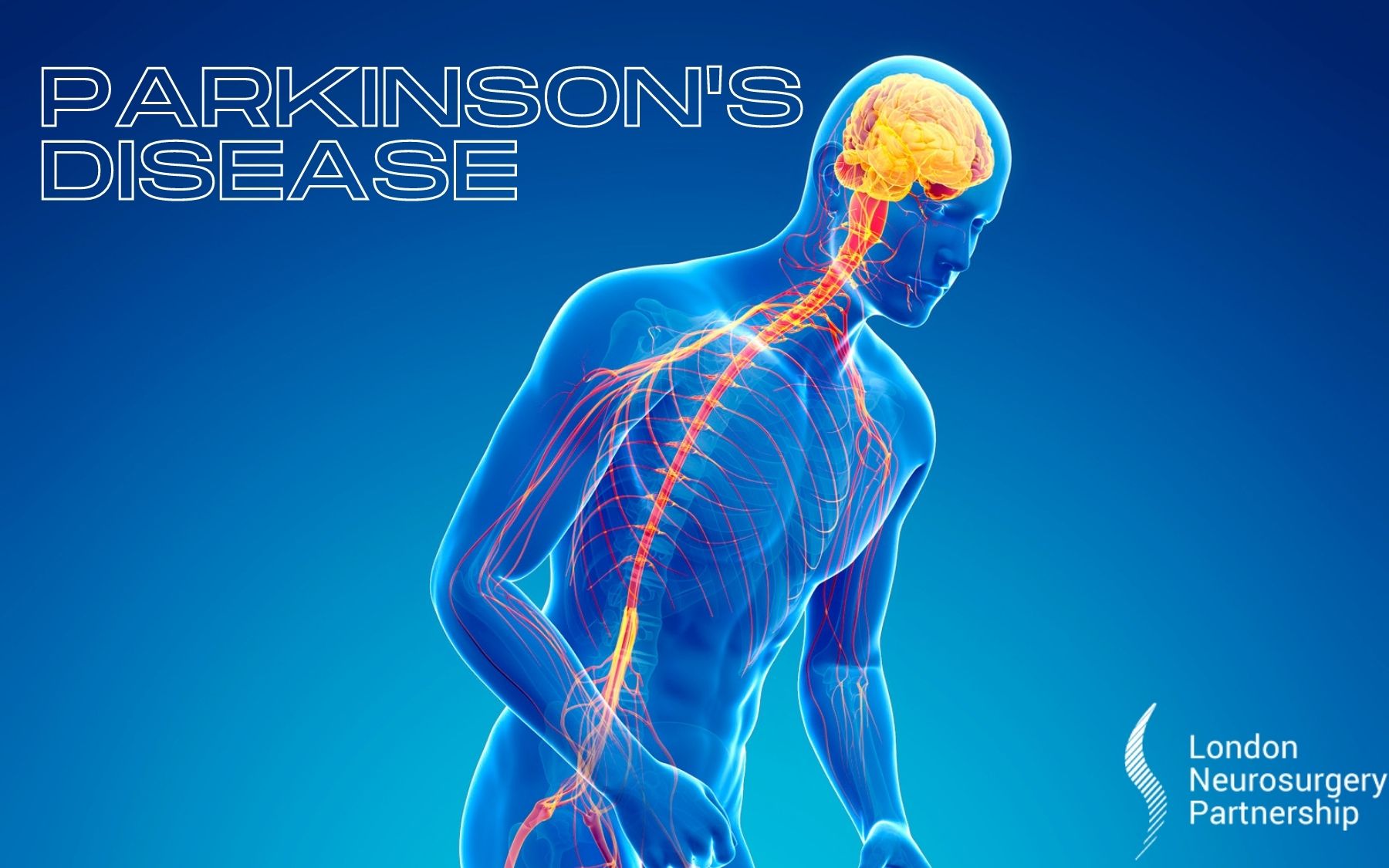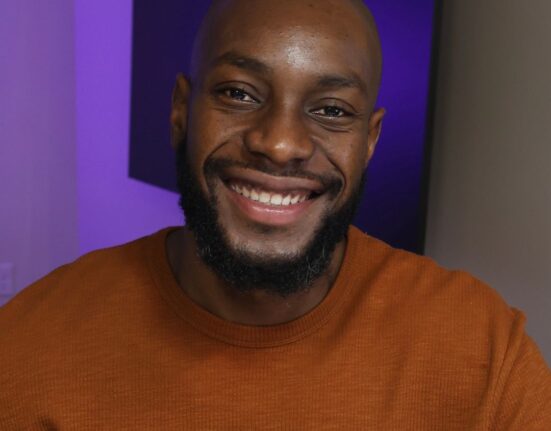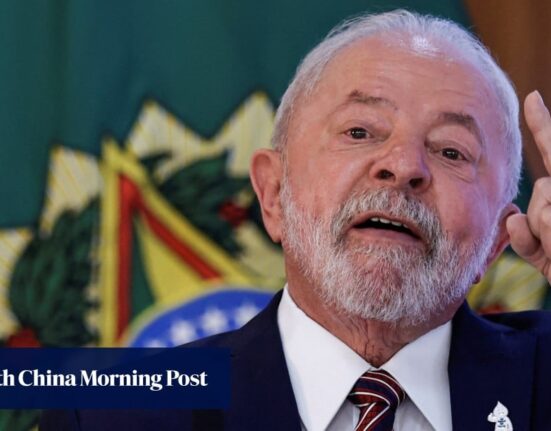In a bustling dance studio nestled in the vibrant city of Rio de Janeiro, a dedicated physiotherapist is making waves with her innovative approach to helping patients grappling with Parkinson’s disease. The rhythmic beats of capoeira, a traditional Brazilian art form blending dance, music, and martial arts, are proving to be a game-changer for individuals battling the challenges posed by this neurodegenerative condition.
Parkinson’s disease affects an estimated 200 thousand people in Brazil alone, bringing along symptoms like tremors, muscle stiffness, slow movements, balance issues, anxiety, and depression. Amidst this backdrop of physical and emotional struggles, a ray of hope shines through for a group of individuals who have come together under the guidance of Rosi Peixoto—a seasoned capoeira practitioner with 17 years of experience.
Twice a week in the picturesque Lapa neighborhood of Rio de Janeiro, these spirited capoeira enthusiasts gather to engage in dynamic movements orchestrated by Peixoto. The project aptly named “Parkinson’s in Ginga
” draws its inspiration from a fundamental capoeira maneuver. Through this unique blend of ancient artistry and modern therapy techniques, participants are witnessing remarkable improvements in their mobility and overall well-being.
Eighty-year-old Nilma Teles Freitas vividly recalls her transformational journey with capoeira: “
Since I began training capoeira, I feel like a different person… giving movement to my body and making my life worthwhile.
” Her poignant words echo the sentiments shared by many others who have found solace and rejuvenation through this unconventional form of exercise.
Capoeira’s magic lies not just in its physicality but also in its ability to stimulate mental agility and emotional resilience. As one participant bravely shares his triumph over balance issues induced by Parkinson’s: “
Balance was a problem for me… It’s still difficult but I’m winning.
” These personal anecdotes underscore the profound impact that music-infused movements can have on individuals navigating the complexities of neurological disorders.
Dr. Eduardo Nascimento, a renowned neurologist overseeing many Parkinson’s patients engaged in capoeira sessions at Peixoto’s clinic, sheds light on the therapeutic potential of this ancient practice: “
The sequence of rhythm makes the person predict motion which activates different motor pathways in the brain other than the compromised ones.”
Peixoto’s vision extends beyond the confines of her dance studio as she dreams of sharing her groundbreaking techniques with practitioners worldwide. Through her unwavering dedication and pioneering spirit, she hopes to unlock the healing power of capoeira for countless more individuals seeking respite from Parkinson’s grip.
As each beat reverberates through the air during their sessions, these brave souls find strength in unity—dancing towards brighter tomorrows filled with newfound balance and boundless joy.









Leave feedback about this